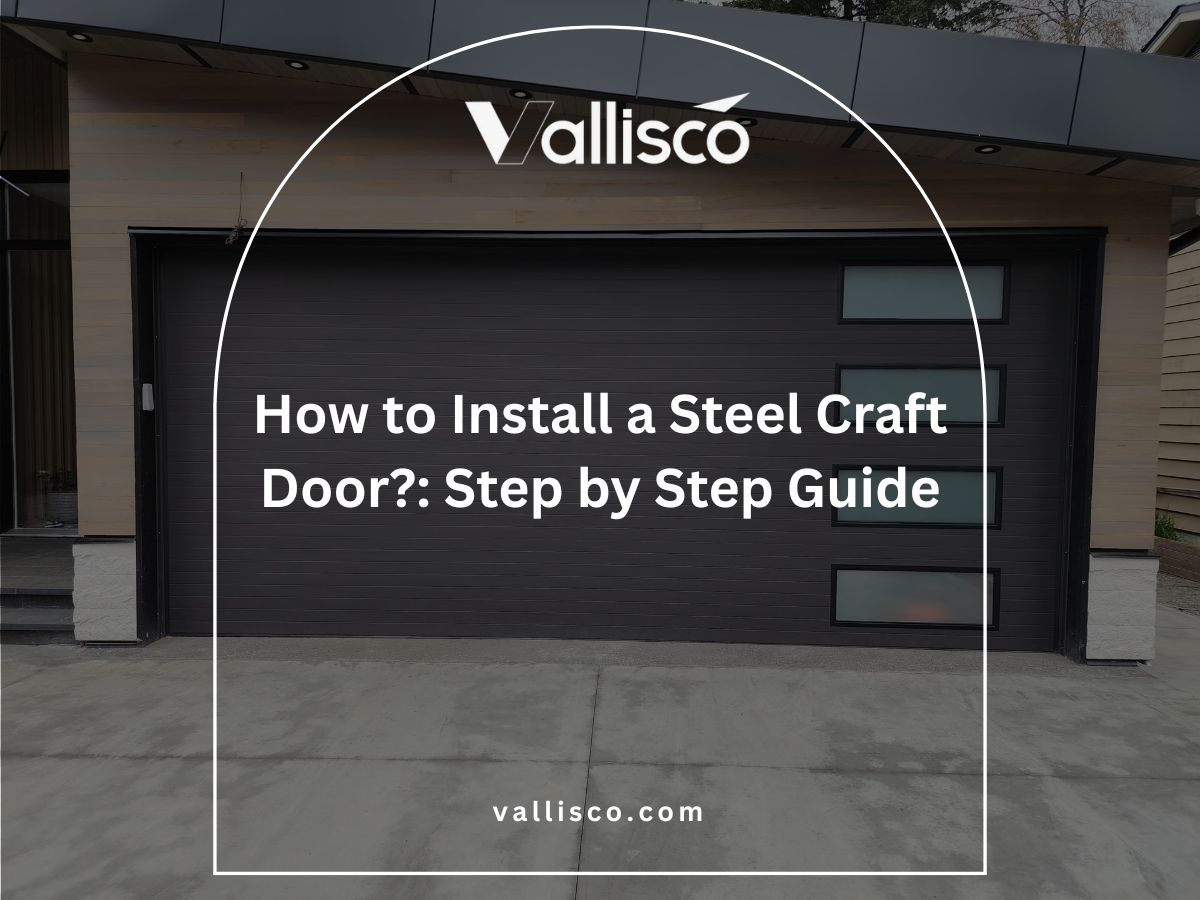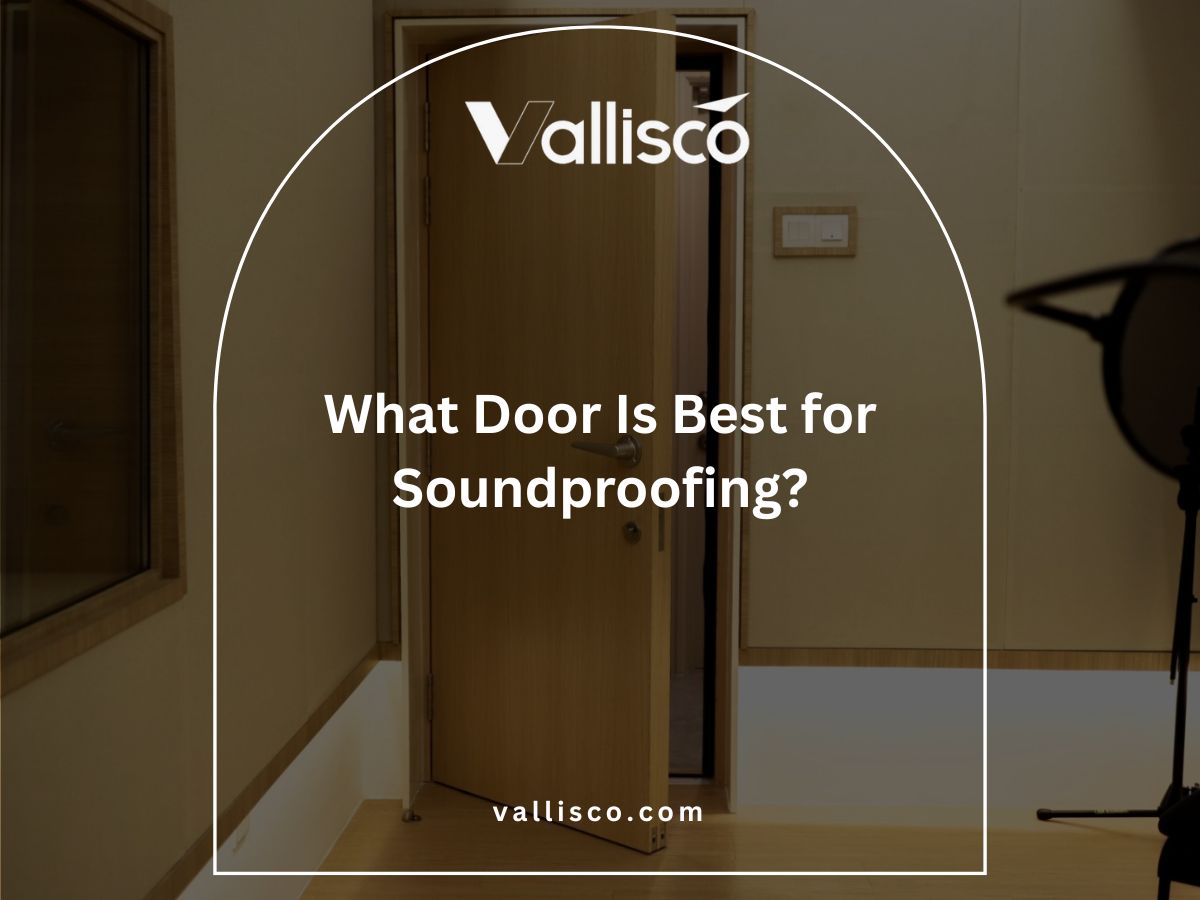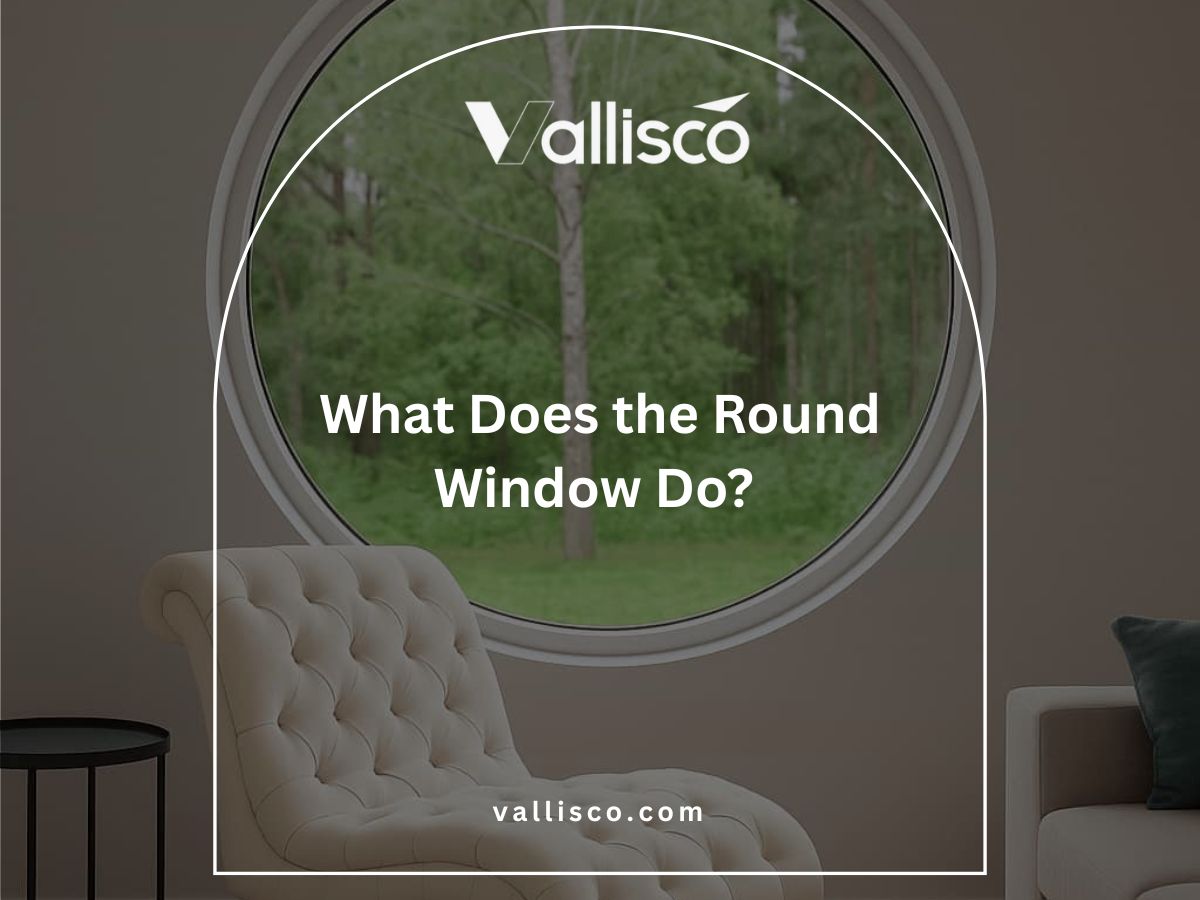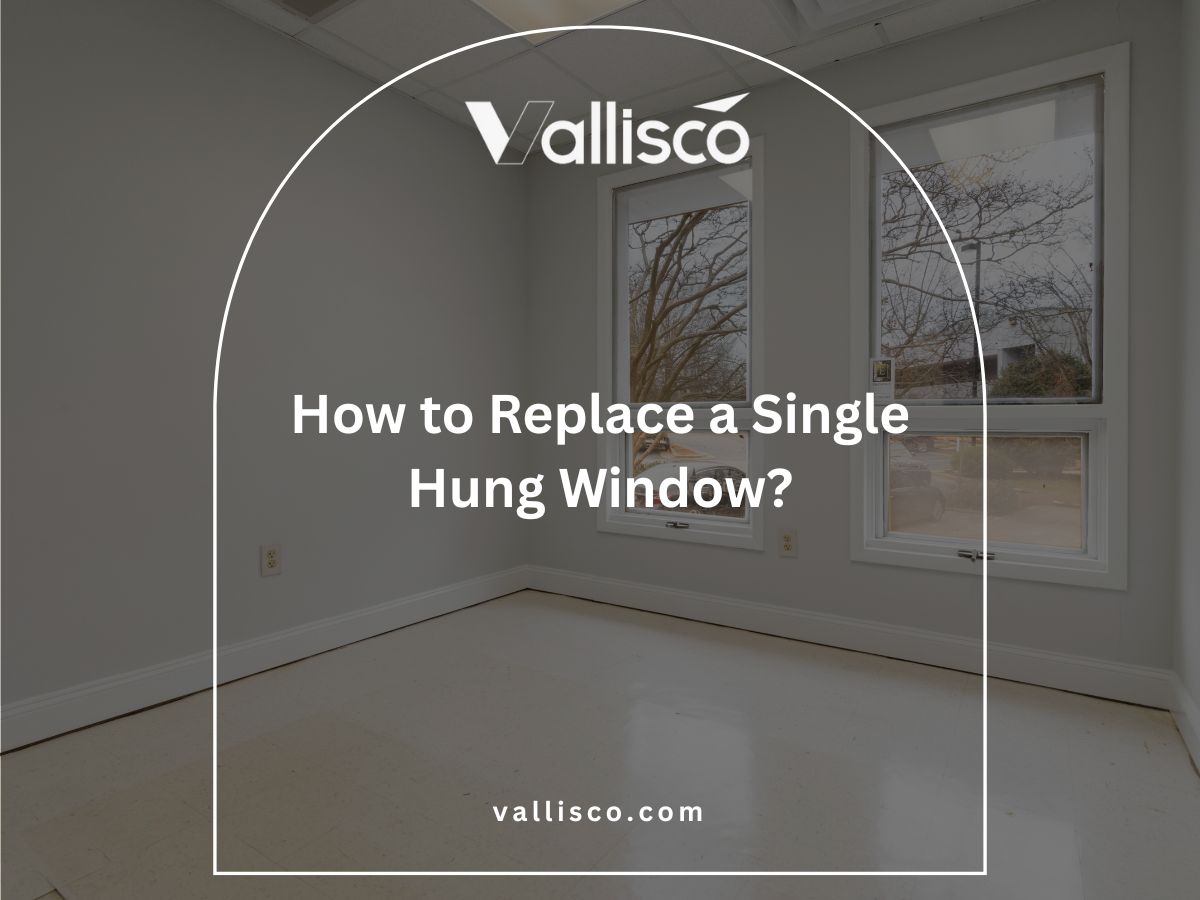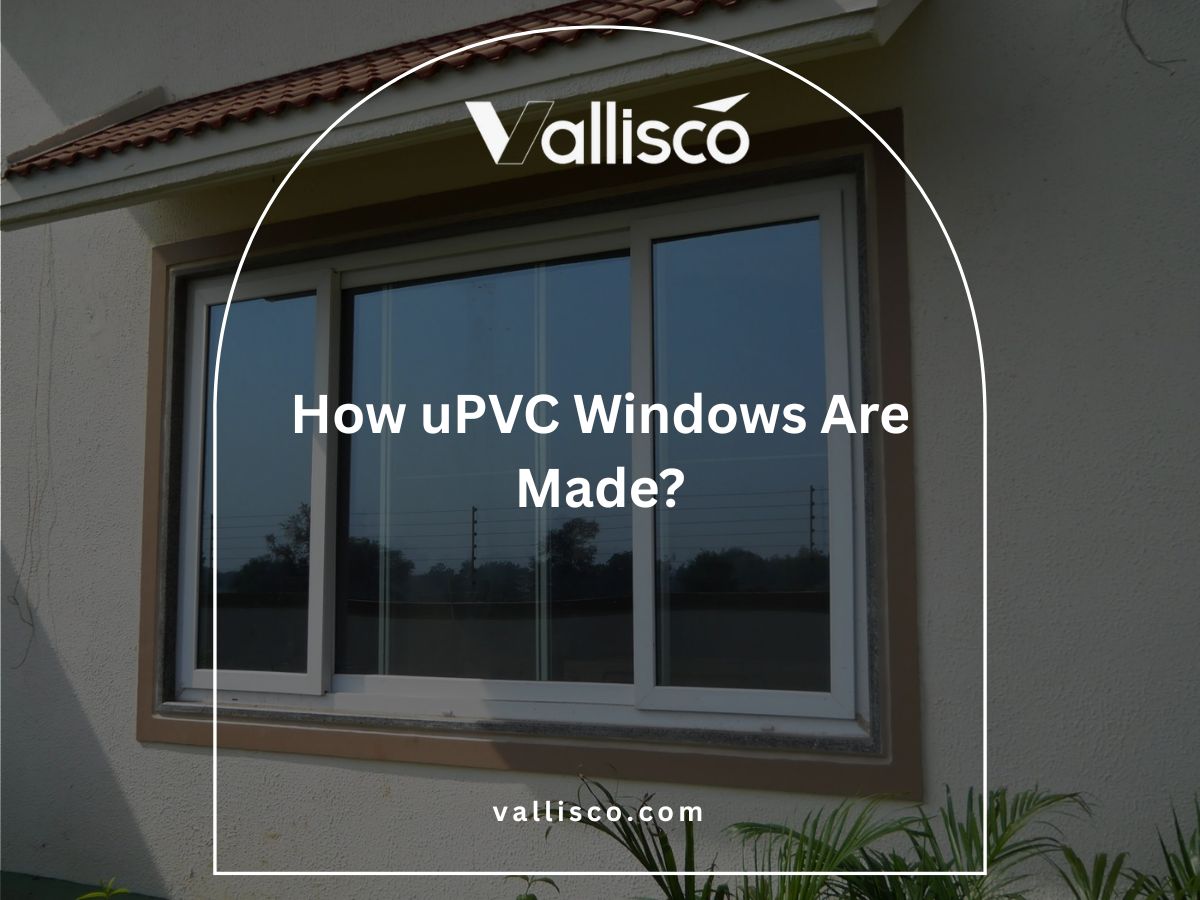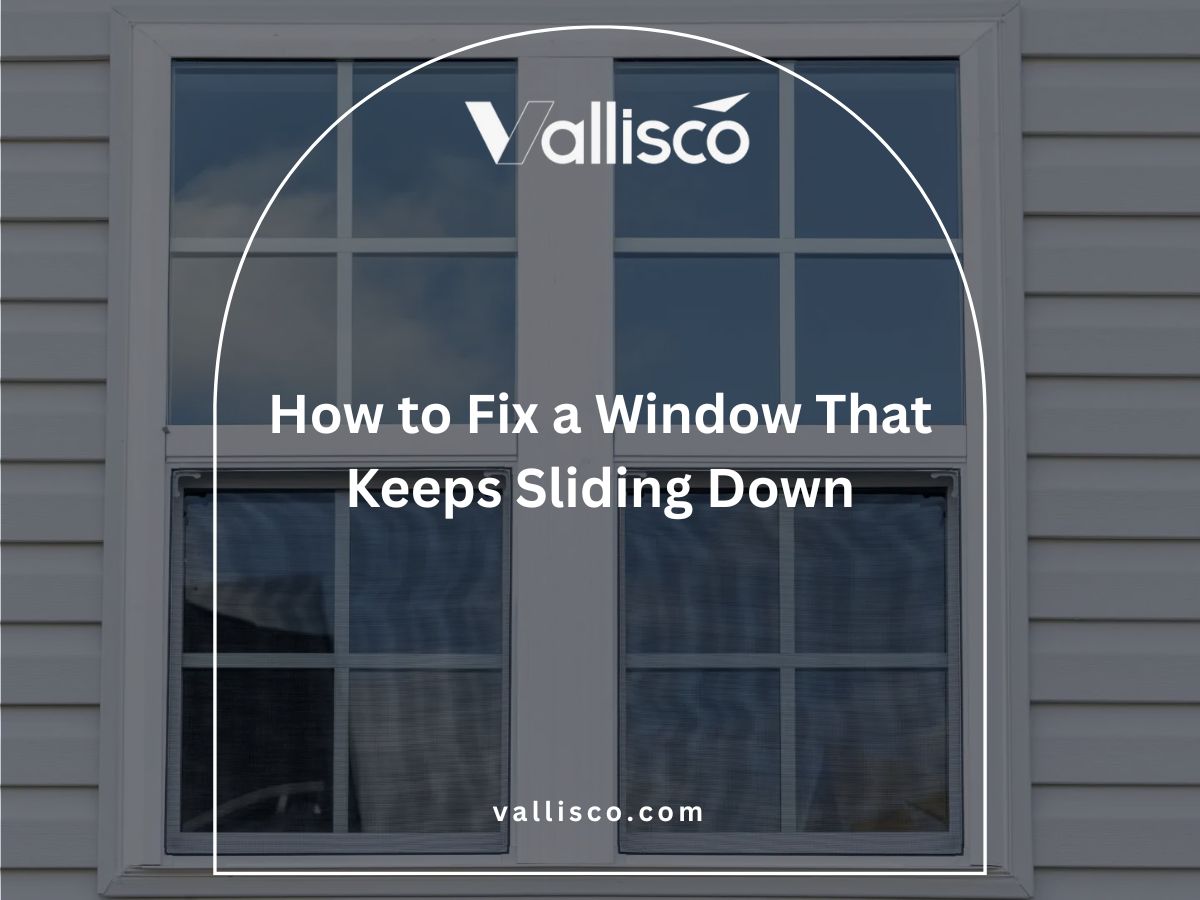During one consulting project, I walked through a hotel where staff constantly fought with outdated card locks. Guests lined up at the front desk for replacements, and every failure cost the hotel credibility.
That situation is more common than you’d think, and it highlights how hotel doors are a business-critical investment.
I’ve spent years reviewing, sourcing, and helping companies implement security doors that actually work. You can trust that what I share here comes from direct experience, not marketing claims.
This article breaks down everything you need to know: the door structures, compliance requirements, and practical insights that will save you time and money.
Because if guests don’t feel secure, no renovation or amenity will make up for it.
Let’s get started!
1. Why Hotel Security Doors Matter
Hotel doors are the first line of defense for your guests, your staff, and your property. A weak or unreliable door can undo all the money you’ve put into renovations, customer service, or brand image in seconds. When guests don’t feel safe, they don’t return, and word spreads quickly.
Strong, well-designed security doors do more than lock. They protect your business from liability, boost guest confidence, and keep operations running smoothly. Here’s why they matter:
- Guest Trust: A secure door assures guests that their safety is your priority.
- Business Protection: Proper doors reduce liability risks and prevent costly incidents.
- Operational Efficiency: Reliable systems save staff from daily troubleshooting and guest complaints.
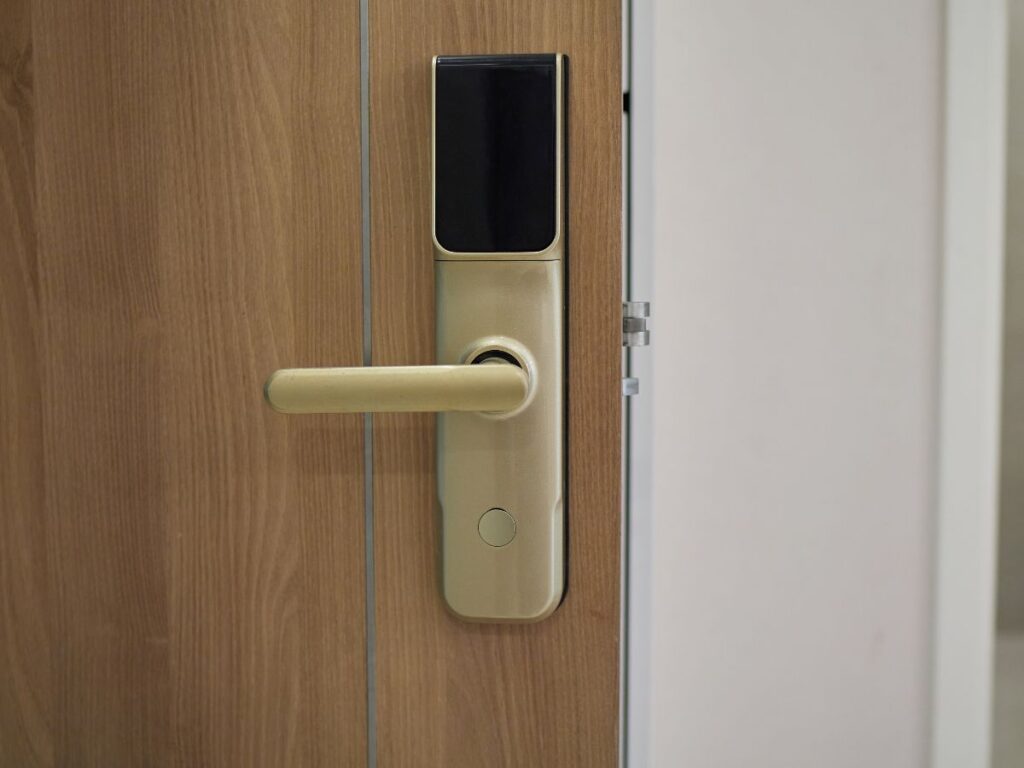
2. Types of Hotel Security Doors and Their Applications
Not all hotel doors are created equal. The right choice depends on where the door will be used, what level of security is required, and how it fits into your property’s overall design. Below is a breakdown of the most common hotel security door types, their features, and practical applications.
| Door Type | Key Features | Best Applications | Advantages | Limitations |
| Solid Core Wooden Doors | Heavy construction, fire-rated options | Guest rooms, suites | Good soundproofing, natural look, durable | Can warp in humid climates if untreated |
| Steel Security Doors | Reinforced steel, anti-tamper hardware | Back-of-house, service entrances | High strength, strong deterrent, long lifespan | Less aesthetic appeal, heavy to install |
| Aluminum Glass Doors | Glass panels with aluminum frames | Lobbies, conference rooms | Sleek look, allows visibility, lightweight | Lower security, glass requires upkeep |
| Fire-Rated Doors | Certified fire-resistance, smoke sealing | Hallways, exits, stairwells | Compliance with safety codes, protects lives | Heavier, can be costly to maintain |
| Electronic/Smart Doors | Key card, RFID, or mobile access systems | Guest rooms, VIP areas, staff zones | Convenience, trackable entry, modern appeal | Tech failures can disrupt guest experience |
3. Hotel Door Security Features to Look For
Choosing the right hotel door isn’t just about the material, it’s about the features that make it reliable day in and day out. Guests may never notice when a door works perfectly, but they’ll remember the moment it fails. That’s why investing in the right security features is critical for your business.
Let’s look at the essentials you should never overlook:
Strong Locking Mechanisms
The lock is the heart of any hotel security door. Whether it’s a traditional deadbolt, an electronic key card system, or mobile access, the lock must be durable and tamper-resistant. Too often, hotels cut corners here and end up dealing with constant guest complaints and security breaches. A strong lock gives peace of mind to both your staff and your guests. Always choose a system tested for high traffic and reliability.
Fire and Safety Compliance
Security isn’t just about keeping intruders out—it’s also about protecting guests in emergencies. Fire-rated doors with smoke-sealing capabilities are a must in hallways, stairwells, and exits. These doors help contain fires long enough for people to evacuate safely, which isn’t just good practice—it’s required by law in most regions.
Compliance protects your business from liability while ensuring your guests can trust their safety is your priority. Cutting corners here is never worth the risk.
Soundproofing and Privacy
Guests value safety, but they also value peace and quiet. A good hotel door should keep outside noise from disrupting the stay. Vallisco’s solid-core doors or those with proper seals around the frame not only boost privacy but also give guests a sense of comfort and security. Nobody wants to hear every conversation in the hallway. Investing in soundproof doors is an investment in your hotel’s reputation.
4. Security Standards and Compliance Requirements
When it comes to hotel doors, meeting security standards isn’t optional—it’s mandatory. Falling short doesn’t just put guests at risk; it can also bring fines, failed inspections, and lasting damage to your reputation. Here are the key compliance areas every hotel should keep in mind:
- Fire Safety Standards: Fire-rated doors are required in hallways, stairwells, and exits to contain flames and smoke. These doors buy precious time during emergencies and keep your hotel aligned with local fire codes.
- Building and Accessibility Codes: Doors must meet building codes and accessibility requirements, such as ADA compliance in the U.S. This ensures all guests—including those with disabilities, can enter and exit safely.
- Electronic Lock Certification: If you’re using smart locks or key card systems, check that they meet industry standards. Certified systems are more secure, easier to maintain, and less likely to fail under pressure.
- Hotel Industry Security Guidelines: Many regions have hospitality-specific guidelines covering guest room security, emergency exits, and staff-only access areas. Following these not only keeps you compliant but also boosts guest trust.
- Insurance Requirements: Insurance providers often require certain door types and security features for coverage eligibility. Meeting these standards can lower your premiums and protect your business from costly claims.
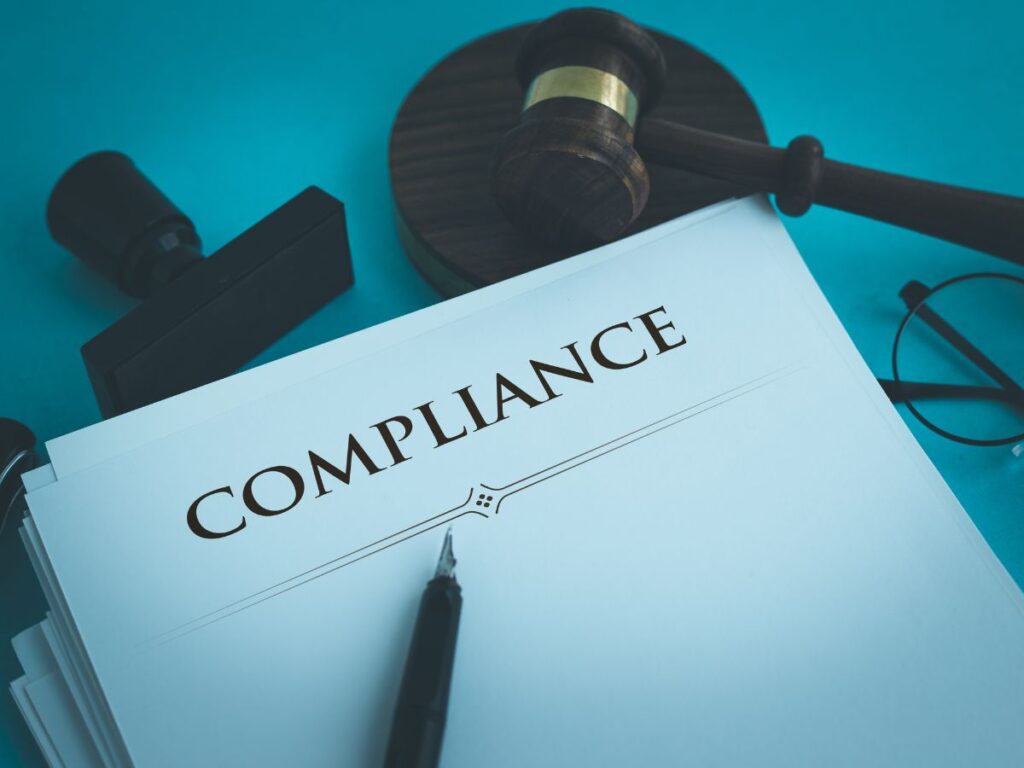
5. Mistakes to Avoid When Choosing Hotel Doors
I’ve worked with hotels that made smart investments and others that learned the hard way. The truth is, a door might seem simple, but picking the wrong one can ripple through your entire business. Here are the most common mistakes I’ve seen hotels make—and how you can avoid them.
Ignoring Compliance Requirements
One of the biggest mistakes is overlooking fire ratings, safety codes, or accessibility rules. A door that looks great but fails inspection can lead to costly replacements, fines, or even temporary closures. Compliance isn’t just a box to check—it’s your guarantee that doors will perform when it matters most.
Always confirm that every door meets the legal and industry standards before installation. It’s far cheaper to get it right the first time than to fix it later.
Choosing Style Over Durability
I’ve seen hotels select doors purely for their design appeal, only to find them warping or breaking within a year.
While aesthetics are important for guest impressions, durability is what ensures long-term value. A strong, well-built door will handle daily use without constant repairs. When comparing options, weigh lifespan and performance equally with style. A door should elevate your property’s look and still stand strong under pressure.
Overlooking Guest Experience
Many hoteliers forget that doors aren’t just about locks, they affect how guests feel during their stay. Poor soundproofing allows hallway noise to ruin a night’s rest, and faulty locks create frustration and worry. Guests won’t always tell you about these problems, but they’ll remember—and often share—their dissatisfaction. A secure, quiet, and easy-to-use door creates peace of mind. Happy guests return, and unhappy ones don’t.
Cutting Corners on Technology
In today’s hospitality industry, technology-driven doors are standard, but not all systems are equal. I’ve seen hotels adopt cheap electronic locks that constantly fail, leaving staff scrambling with backup keys. The result is wasted time, unhappy guests, and unnecessary repair costs. Investing in reliable, well-supported technology upfront avoids these headaches. Think of it as protecting both your staff’s time and your guests’ confidence.
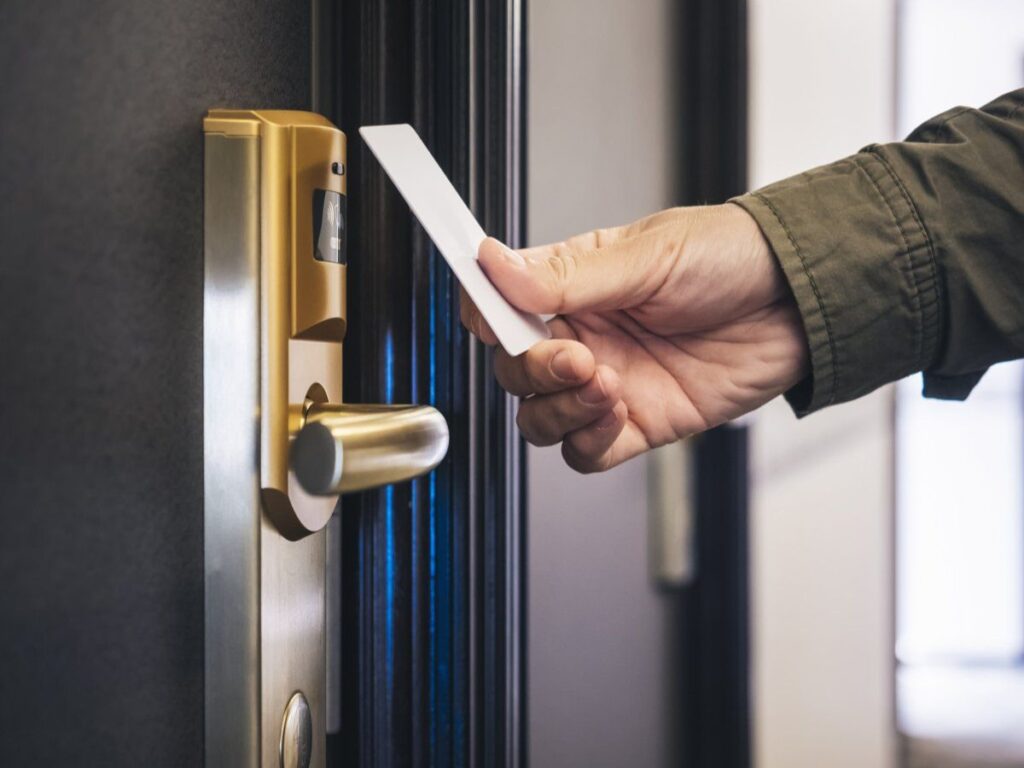
6. Final Checklist Before You Buy
Before you make the final decision on your hotel doors, it’s worth slowing down and walking through a clear checklist. This step ensures you’re not just buying what looks good today but investing in doors that will serve your property, your staff, and your guests for years to come. Here are the key points to review before you commit:
- Evaluate Durability: Look closely at the door’s construction materials and finishes to see how they will hold up under constant guest traffic. A durable door will reduce maintenance costs and protect your investment over time.
- Check Locking Systems: Make sure the locks are secure, tamper-resistant, and designed for the volume of use your hotel experiences every day. Strong locks give guests confidence while keeping staff from dealing with constant breakdowns.
- Test Guest Experience: Consider how the door feels and functions from the guest’s point of view. Smooth operation, soundproofing, and overall ease of use can turn an ordinary stay into a comfortable and reassuring one.
- Review Technology Reliability: If you’re adding electronic or smart locks, confirm that the system is backed by proven performance and strong technical support. Unreliable tech can create more problems than it solves.
- Consult Insurance Requirements: Speak with your insurance provider to ensure your doors meet their standards. In many cases, the right doors can help lower premiums and strengthen your coverage.
- Partner With Trusted Suppliers: Finally, choose a manufacturer or supplier that understands the hospitality industry. A reliable partner like Vallisco can save you significant time and trouble when issues arise, ensuring your hotel doors remain secure and dependable long after installation.
Conclusion
The story of that hotel with constant door lock failures isn’t unusual, but it doesn’t have to be your story.
We’ve walked through the essentials, from reliable mechanisms to compliance standards, so you can choose with confidence. Your guests count on safety. Your staff counts on efficiency. And your reputation depends on both.
The next step is yours.
Contact Vallisco today, and let’s help you install hotel doors that work right the first time, and every time after.
Explore More Helpful Resources
There’s more to explore! Check out our additional product selections to find exactly what you’re looking for:
Still haven’t found what you’re looking for? Don’t hesitate to contact us. We’re available around the clock to assist you.


